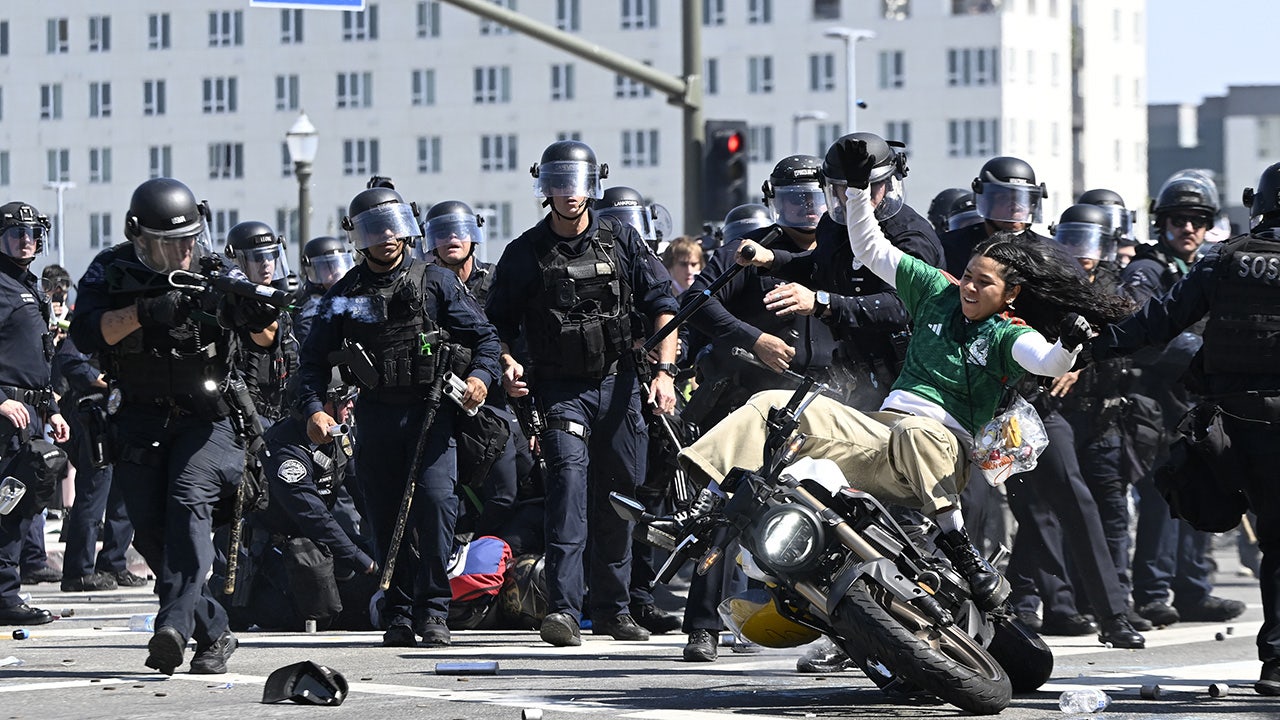WASHINGTON — Pakistan’s former foreign minister warned US lawmakers and diplomats last week that the “threshold” for war between his nation and India is lower than ever following clashes in the disputed region of Kashmir last month.
“We’re incredibly grateful for the role that the US government — President Trump, Secretary [of State] Marco Rubio — created throughout this crisis in helping us all achieve this cease-fire,” Bilawal Bhutto Zardari, the current chairman of the Pakistan People’s Party, told The Post in a recent interview.
“But our message has been that the cease-fire is a start, but it is only a start, and what we seek is assistance in our pursuit of peace through dialogue and diplomacy.”
“We’re all a lot less safe as a result of this conflict than we were before,” added Zardari, the son of the late Pakistani Prime Minister Benazir Bhutto. “The threshold of full-out military conflict between India and Pakistan has been drastically lowered — the lowest it has ever been in our history, as a result of this conflict.”
The US-brokered truce between the nuclear-armed nations took effect May 10 after weeks of fighting.
India accused Pakistan of sparking the conflict by supporting an April 22 terror attack that left 26 civilians dead in the segment of Kashmir under New Delhi’s control.
Most of those killed were Hindus, and Indian Foreign Secretary Vikram Misri pointed the finger at the Kashmir-based terror group Lashkar-e-Taiba for the carnage in the resort town of Pahalgam.
The Pakistani delegation that came to Washington expressed a desire to coordinate with India on counter-terrorism — but rejected that Islamabad was involved in any way with the attack.
“The Prime Minister of Pakistan offered an impartial international inquiry because we were confident that Pakistan is not involved in this terrorist incident,” Zardari said. “The international intelligence community endorses this view.”
“As things stand now, if there’s a terrorist attack anywhere in India,” he went on, “it immediately means war, and the law of reciprocation means, therefore, if there’s a terrorist attack in Pakistan, we are to also treat it as an act of war.”
Zardari also said that India’s threat to cut off Pakistan’s water was “an existential matter” that would be considered “an act of war.”
“If we are to engage in a new dialogue with India, make new promises with one another that could potentially lead to new treaties, then it’s very important that they abide by the old treaties like the Indus Water Treaty,” he said.
The delegation from Islamabad met with officials in the State Department and Congress and is headed this week to meet with UK and European diplomats in hopes of brokering a more lasting peace.
“We had a military upper hand when we agreed to the cease-fire. We did so on the stipulation that the cease-fire would be the first step,” Zardari said. “I’m optimistic that the president is passionate about peace and that he will be successful in pushing that message here in the United States. Pakistan is obviously ready.”
Reps for the Indian embassy in Washington did not immediately respond to a request for comment.














